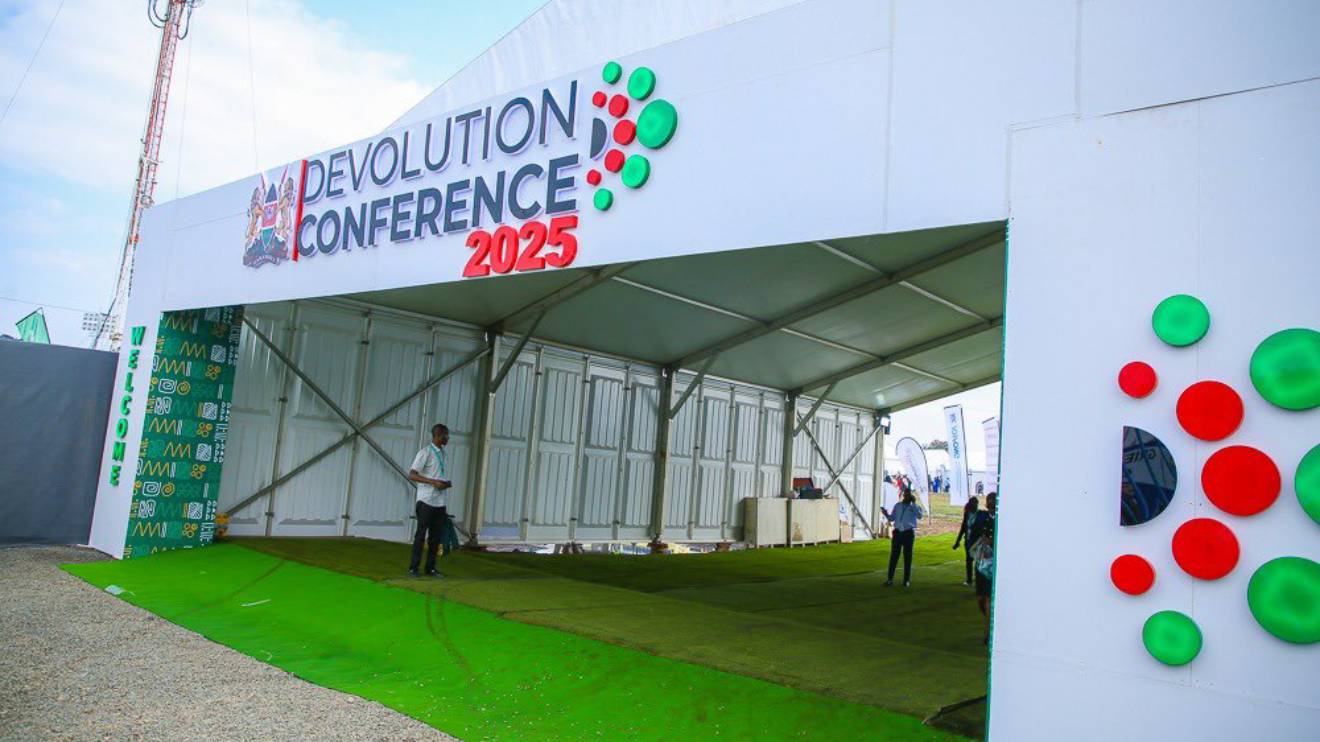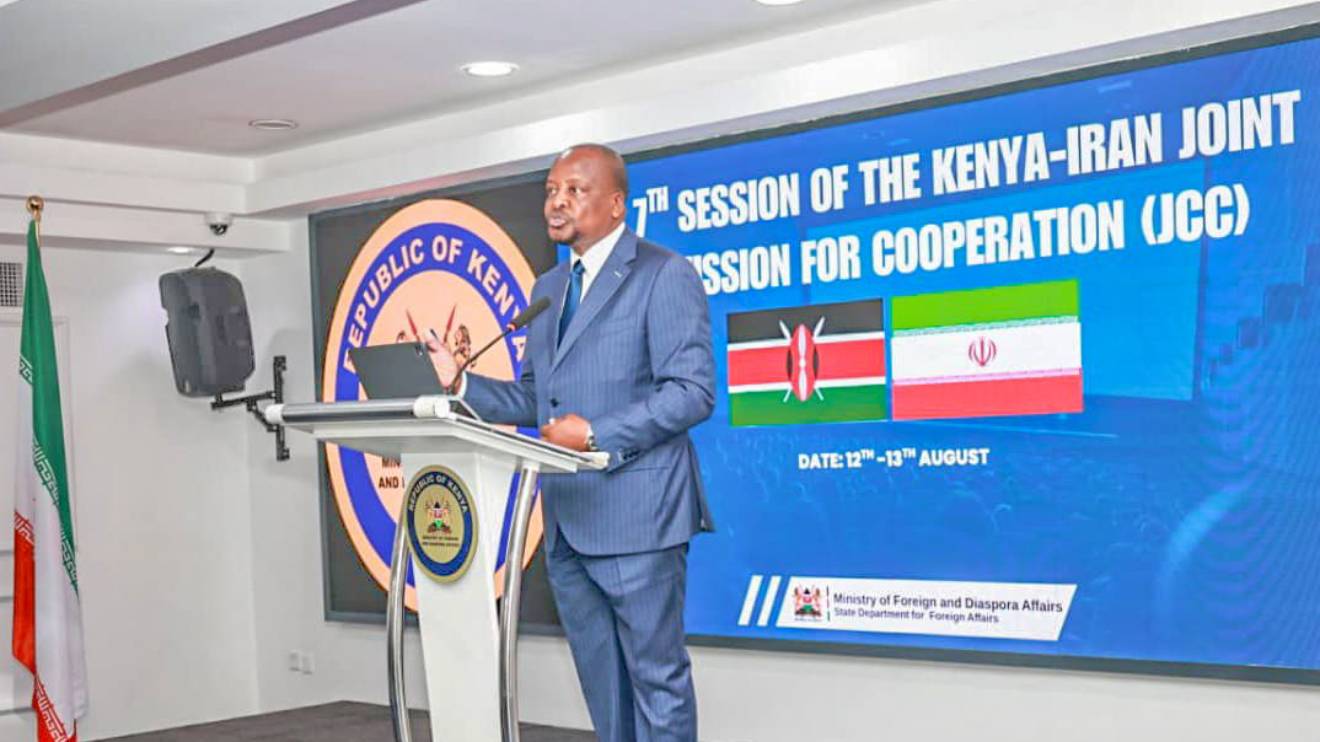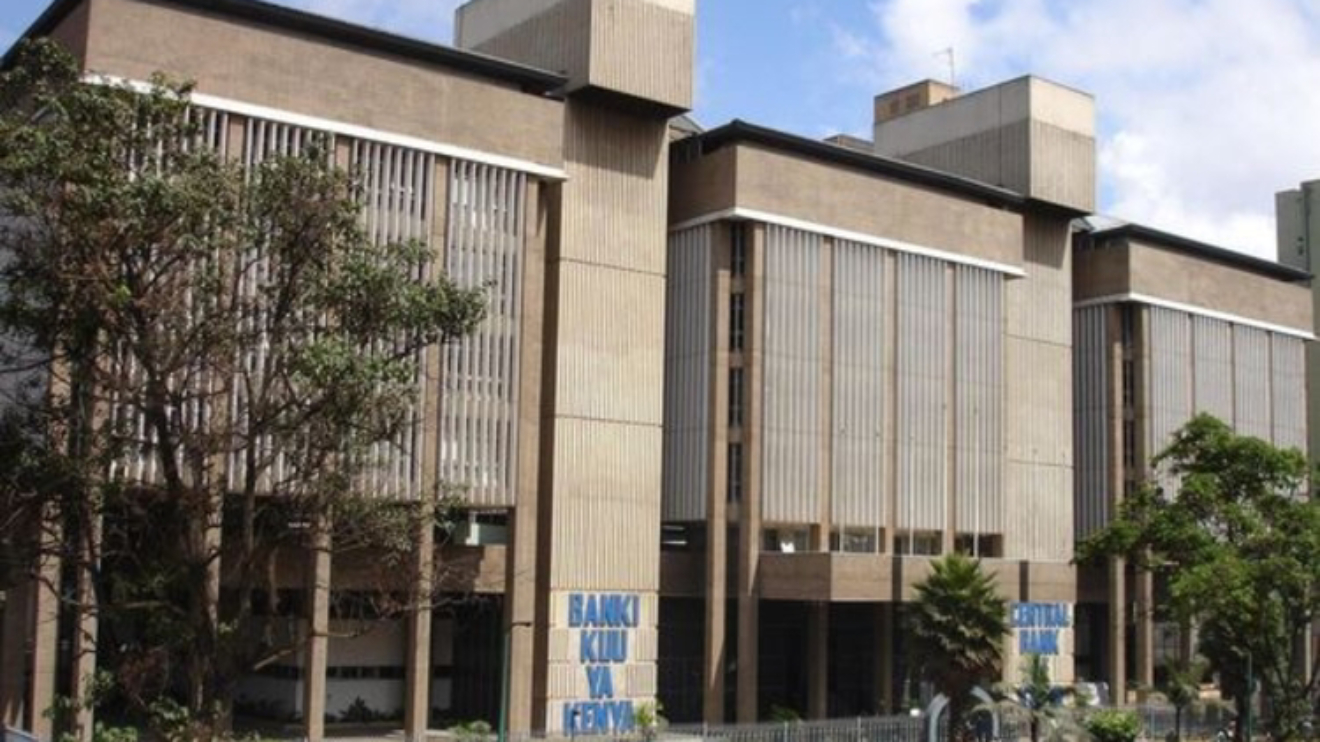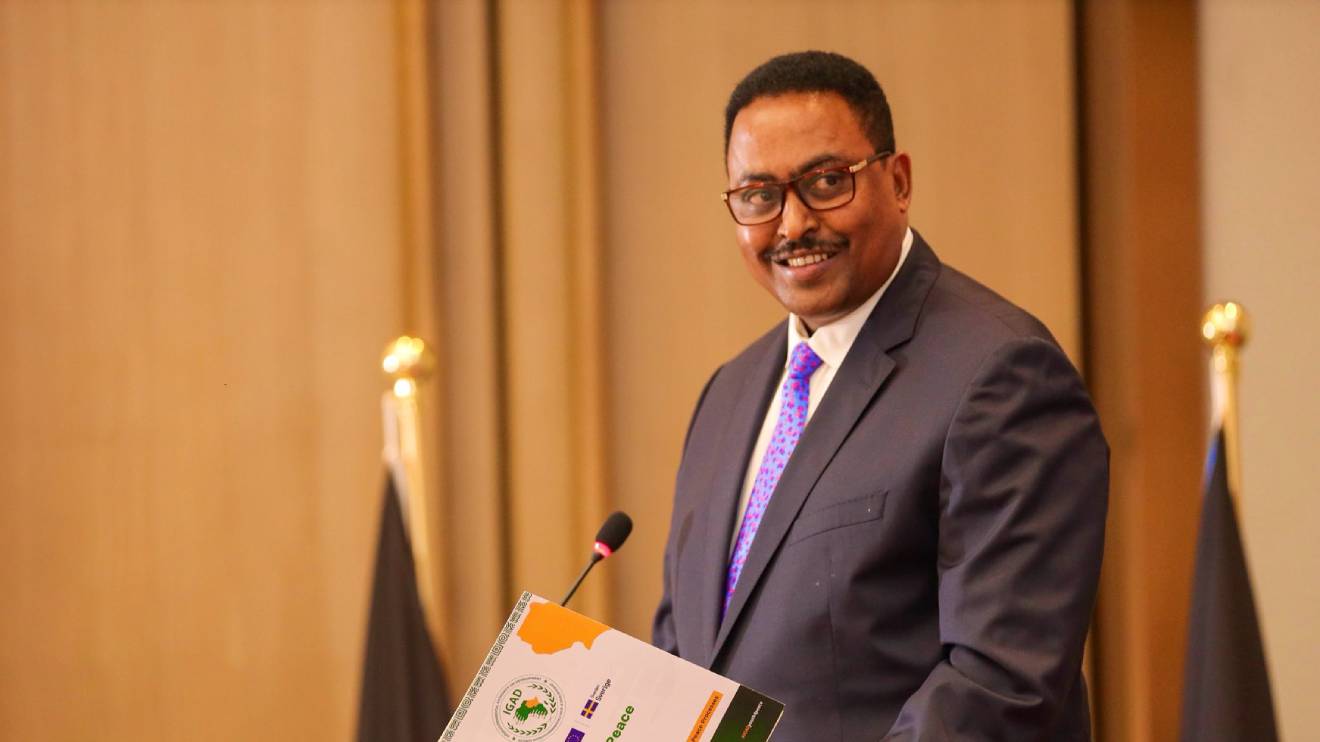In a groundbreaking initiative aimed at bolstering agricultural productivity among smallholder maize farmers, Family Bank and DigiFarm have entered into a financing agreement set to benefit over 1,000 farmers in Embu County.
The collaboration, which combines digital credit access with comprehensive agricultural support, promises to transform subsistence farming into commercial success stories.
 (1).jpeg)
Located in the Mbeere North and South sub-counties, these farmers, each cultivating a maximum of two acres, will now have the opportunity to secure financing tailored to their acreage size and crop cycle through the innovative agri-tech platform provided by DigiFarm.
The program extends far beyond just financial aid, as participating farmers will also gain access to pioneering insurance, training on sustainable agricultural practices, market connections, and financial literacy training.
Read More
This holistic approach aims to fortify the farmers' resilience and optimize their yields.
Stephen Njagi, Runyenjes Sub-County Agricultural Officer, expressed his satisfaction with the partnership.
"The last five years, we have been running a similar program that supports farmers, and those farmers have since graduated from subsistence to commercial farming. We are, therefore, happy that those farmers can graduate to this partnership and get credit in the form of farm inputs," Njagi remarked.
Embu County, like many Arid and Semi-Arid Land (ASAL) regions in Kenya, frequently grapples with low agricultural output due to production disruptions caused by factors such as droughts and diseases.
According to the Economic Survey 2023 released by the Kenya Bureau of National Statistics, the production volume of maize in Kenya witnessed a 6.5 per cent decline, plummeting to 34.3 million bags in 2022.
Addressing this issue, Aristarichus Kuria, Family Bank's Lead Digital Transformation, emphasized the importance of technology adoption and strategic partnerships in enhancing financial inclusion for smallholder farmers.
"Despite the high vulnerability to the impacts of climate change and market inefficiencies, farmers continue to face a lack of access to efficient and convenient funding to buy essential farming products. However, technology adoption and such multisector partnerships are increasing financial inclusion, especially for smallholder farmers," Kuria stated.
"As a Bank, our focus has therefore been to always provide end-to-end value to our customers. We are confident that through this partnership, we will not only improve farmers' financial resilience to these shocks but through technology, we will reduce their costs and improve profitability that will help break the cycle of low investment and low returns."
 (1).jpeg)
Under this innovative collaboration, registered farmers will have the ability to redeem their credit vouchers and acquire essential farm inputs from DigiFarm's partner agrovets in the county.
Seema Gohil, Director of Digifarm, highlighted their commitment to using technology and partnerships to narrow the financing gap faced by smallholder farmers and advance climate-resilient solutions.
"Through our platform, farmers are able to access a full range of services to drive production improvements. They receive agronomy advice, credit for inputs, insurance, and other services and can then connect with buyers during harvest. We are committed to transforming the agriculture sector through technology," Gohil explained.
This partnership is not limited to Embu County alone. Family Bank and DigiFarm have plans to extend their collaborative efforts to support sorghum farmers in Meru County.
This expansion follows a program initiated by the International Food Policy Research Institute, aiming to implement a risk-contingent credit program to evaluate whether innovative insurance products can enhance access to finance for smallholder farmers.
With the introduction of digital credit and comprehensive agricultural support, this initiative holds the potential to usher in a new era of prosperity for smallholder maize farmers in Embu County, mitigating the challenges posed by climate change and market dynamics while paving the way for sustainable and resilient agricultural practices in Kenya.

 (1)-1696852800.jpeg)






